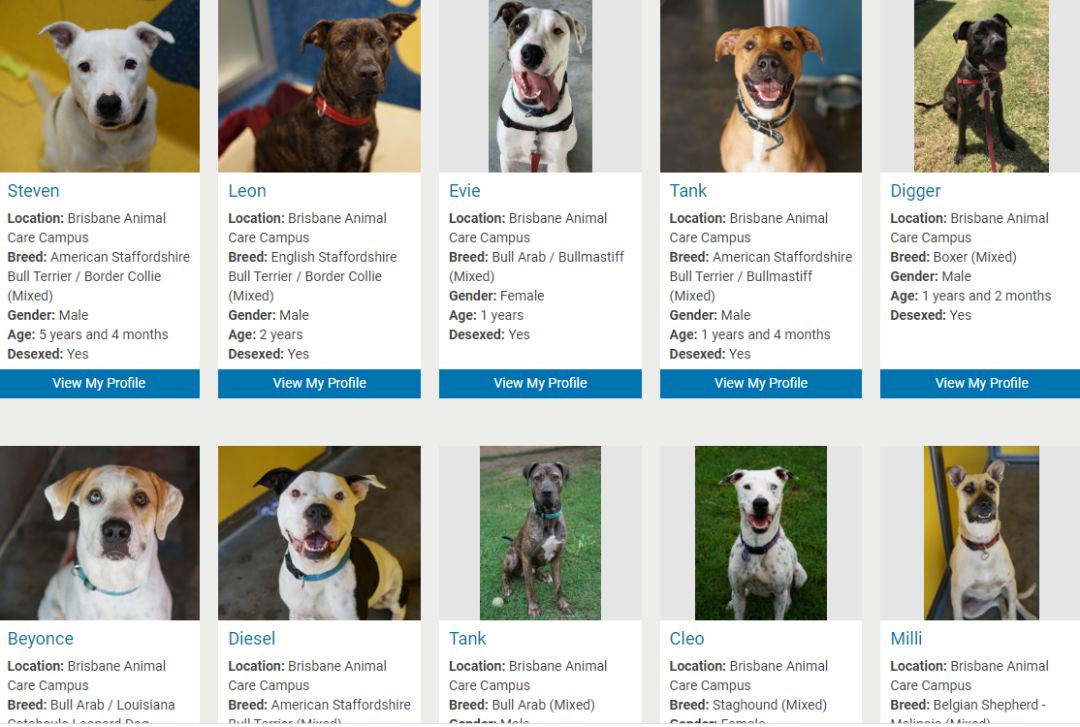Understanding Pet Fees for Tenants: In NJ What is the Pet Fee for Tenants?
Guide or Summary:IntroductionWhat is a Pet Fee?Typical Pet Fee RangesWhat Does the Pet Fee Cover?Pet Deposits vs. Pet FeesLease Agreements and Pet PoliciesN……
Guide or Summary:
- Introduction
- What is a Pet Fee?
- Typical Pet Fee Ranges
- What Does the Pet Fee Cover?
- Pet Deposits vs. Pet Fees
- Lease Agreements and Pet Policies
- Negotiating Pet Fees
**Translation of the phrase:** In NJ, what is the pet fee for tenants?
---
Introduction
When it comes to renting a home, pet ownership can often complicate the process. Many landlords and property management companies in New Jersey have specific policies regarding pets, which frequently include a pet fee. For tenants who are pet owners, understanding these fees is crucial. So, in NJ, what is the pet fee for tenants? This article will delve into the various aspects of pet fees, including what they typically cover, how they are determined, and what tenants should look out for in their lease agreements.

What is a Pet Fee?
A pet fee is a one-time charge that landlords may require from tenants who wish to have pets in their rental property. This fee is separate from a security deposit and is intended to cover potential damages that a pet might cause. In NJ, pet fees can vary widely depending on the landlord's policies, the type of pet, and the rental market in the area.
Typical Pet Fee Ranges
In New Jersey, pet fees typically range from $200 to $500. However, some landlords may charge more, especially for larger breeds or multiple pets. It’s important for tenants to ask about the specific pet fee when applying for a rental property to avoid any surprises later on.
What Does the Pet Fee Cover?
Pet fees are generally intended to cover potential damages caused by pets, such as scratches on floors or stains on carpets. However, they do not usually cover regular wear and tear. It's crucial for tenants to understand that while a pet fee may help mitigate some costs associated with pet ownership, it does not absolve them of responsibility for any damage their pet may cause.

Pet Deposits vs. Pet Fees
It’s important to distinguish between a pet fee and a pet deposit. A pet deposit is typically refundable, while a pet fee is often non-refundable. A pet deposit allows landlords to recover costs for damages after the tenant moves out, whereas a pet fee is a one-time payment that does not get returned. Tenants should clarify these terms with their landlord to understand their financial obligations fully.
Lease Agreements and Pet Policies
When renting a property in NJ, tenants should carefully review their lease agreements for any pet policies. This includes understanding the pet fee, any breed or size restrictions, and whether additional monthly pet rent is required. Some landlords may also require pet insurance or proof of vaccinations.
Negotiating Pet Fees
Tenants may have the opportunity to negotiate pet fees with their landlords, especially if they have a strong rental history or if the rental market is competitive. It’s worth discussing the possibility of waiving or reducing the pet fee, particularly for responsible pet owners who can demonstrate their commitment to maintaining the property.

In NJ, what is the pet fee for tenants? While it can vary, understanding the typical ranges, what the fees cover, and how they differ from deposits is essential for pet-owning tenants. By carefully reviewing lease agreements and communicating openly with landlords, tenants can ensure that they are fully informed about their responsibilities and costs associated with having pets in their rental homes. Whether you’re a seasoned renter or new to the rental market, being proactive about pet fees will help you navigate the complexities of renting with pets in New Jersey.